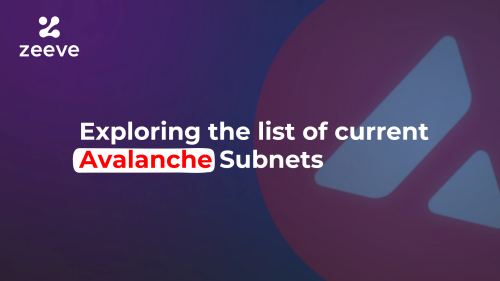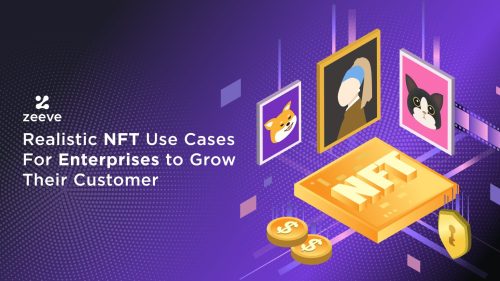The Truth Behind University Humanities Studies and Blockchain Technology
Academia in today’s world irrespective of which particular field of knowledge is based upon a individual studying, accepting and interpreting the codicil of past knowledge within a particular field. This is often problematic, as most information that we have, especially in the field of humanities are based upon acceptance of past assumptions and sources of questionable authenticity. Thus the base for all Academia is predicated on belief in the reliability of knowledge and interpretation that preceded them. The existential problem with such a system is that the roots of such academic assumptions is that at times the information being taught cannot be historically verified. In addition the codex of academic traditions that formulate our beliefs and which we hold central to our fields of study are not necessarily what or how they were originally written.
A perfect example of assumptions driving a field of study without knowing the real genesis source can be found in the field of theology and the lineage of Jesus coming from King David. Upon closer inspection and within the writings of two of the apostles we find Matthew and Luke disagreeing over the lineage itself. This disagreement can be found in Matthew 1:2–17 and Luke 3:23–38. Who are we to believe? Which version is correct and where do both take their assumptions from? After all, it is accepted that the Gospels of Luke and Matthew were written 85–90 years after the birth of Jesus. Thus they are historically removed from direct knowledge of the lineage and in essence rely on previous assumptions. In other words a whole field of academia is being built upon one very large assumption.
Additionally there is further contradiction between Matthew and Luke surrounding Jesus. According to Matthew 2:1, Jesus was born during the reign of Herod the Great. Contradicting this, Luke 2:2 has Jesus being born during the first census in Israel while Quirinius was governor of Syria. This is problematic as Herod died in 4 BCE and the census took place in 6–7 CE. That is a 10 year difference. So who is correct? Where do the writers of these gospels, who come along nine decades afterwards get their records from?
These theological and chronological questions are not just an issue religiously, but as I previously mentioned, they are problematic academically as well. For how to we know what we are teaching is correct. Furthermore, we can never be sure which interpretation of a commentary (in our example the gospels) is authentic, came first or is the foundational genesis of the next interpretation. Even today with so much out there we can never be sure as to what came first and is it truly authentic. Due to new technology, we actually can know all these things from today forward through the implementation of blockchain technology. I would like to show how this technology is not only beneficial to business applications but also how it can be applicable for the world of Academia.
If we were to reach back to our example of the two different versions of the Gospels –we could surmise that each version is built upon oral traditions that comes before it. The importance of getting this information correct is essential to how religion is practiced and how academia teaches it. There needs to be an order of thoughts that build one upon the other. Blockchains accomplish this, because they give a consequential orderliness and immutability (unquestioning authenticity) so that the genesis block is always known.
Additionally, we will know what follows the genesis block and every piece of information to follow. Likewise, since the ledger is completely distributed amongst all those who use or access the blockchain, authenticity can be confirmed by multiple individuals and nothing put on the ledger can ever ‘disappear’ or ‘go missing.’ Thus ensuring information accuracy through a complete lack of centralized trust. If we had the same truths in academia, we would understand what is true and what might be made up.
As modern researches go forward and new discoveries are made, I would urge professors and teachers to place this knowledge on the blockchain. For in this manner we would know which base of knowledge preceded the other. Not only that but they would be placed in an order of when they were written, and thus the linking of traditions would be known and verifiable instead of up for debate. Academia would be much more authentic, and knowledge much more attainable.







Responses